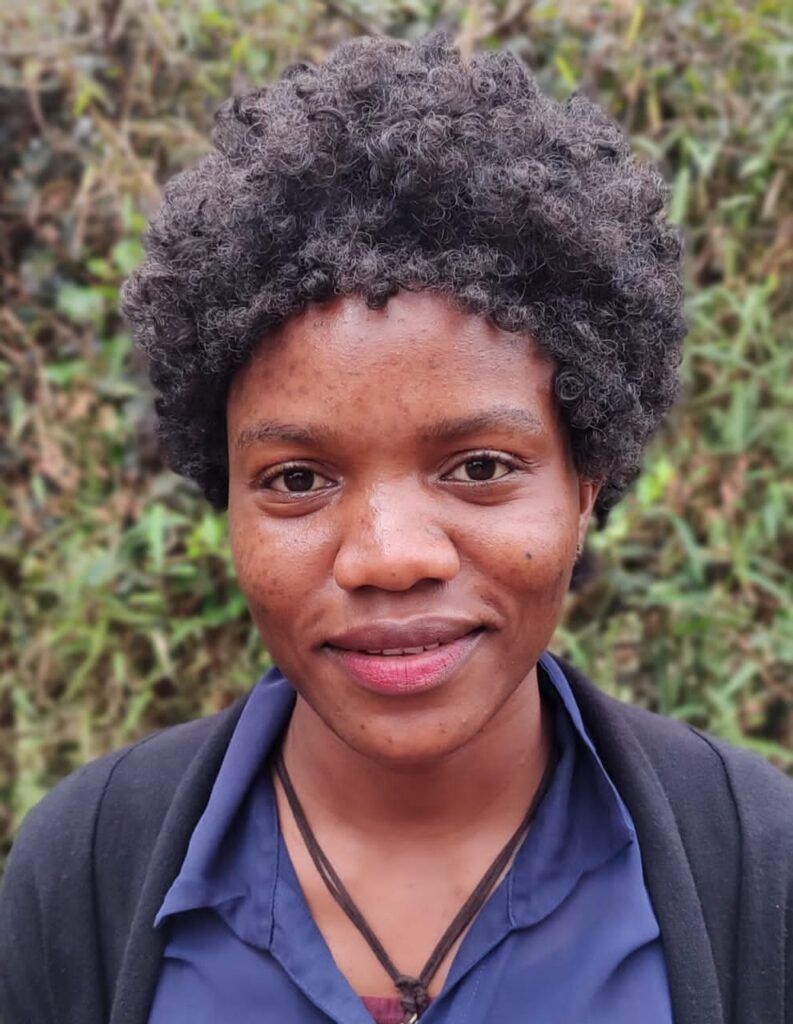For decades, Uganda’s urban landscape has been shaped around the dominance of motorized transportation systems, with vehicles ruling the streets. While this might have seemed like the natural order, it’s come at a cost – crippling traffic congestion, pollution, and a surge in road accidents. Not to mention, the shocking global statistics that link this reliance on cars to an estimated 3.7 million annual deaths due to air pollution.
In the face of these challenges, a movement endorsing non-motorized transport (NMT), or “Active Transport,” has gained momentum. NMT encompasses human-powered modes of travel like walking, cycling, and skating and offers a multitude of advantages for urban environments and their residents. Moreover, it’s emerged as a potent advocate for climate justice, sustainable cities, and healthier communities.
Each year, on September 22, urban centers worldwide celebrate “World Car-Free Day,” shining a light on the manifold benefits of NMT. Coop Uganda, a non-profit organization, has emerged as a key player in advancing this vision of more sustainable urban transit. Their focus has been on supporting students, health volunteers, and small entrepreneurs in accessing basic needs and services through initiatives like “Bike for School,” “Bike for Health,” and “Bike for Work.”
Ms. Leah Angom, a spokesperson for Coop Uganda, underscores the importance of NMT in reducing the carbon emissions typically associated with automobiles. This reduction isn’t just a boon for climate action but also leads to improved traffic flow, decreased accident risks, and less congestion on city streets.
In addition to these gains, NMT presents a unique opportunity for fostering personal fitness. The incorporation of walking and cycling into daily routines promises tangible health benefits. It’s a way to improve both physical and mental well-being while cutting down on the environmental impact of car use.
During the COVID-19 pandemic, as vehicle movements were curtailed, many individuals rediscovered the value of cycling and walking as viable modes of transportation. The result was twofold – a significant reduction in road accidents and a broader embrace of non-motorized transit.
Ms. Angom also highlights the successes of NMT initiatives in various African countries, including South Africa, Rwanda, and Kenya. The roots of this movement trace back to countries like the United Kingdom, the United States, and the Netherlands, where numerous city streets have been transformed into car-free zones. These car-free streets offer residents safer and more sustainable ways to navigate urban environments.
Discussing NMT initiatives in Uganda, Ms. Angom singles out Jinja City, particularly mentioning roads such as Nizam, Kutch, Alidinah, Radio, and Ghokale as suitable candidates for transformation into vibrant, pedestrian-friendly spaces.
However, during the World Car-Free Day celebrations on September 22, local residents raised concerns about the cost of bicycles. They urged the government to reduce taxes on bicycles to make them more accessible. Additionally, they called for the renovation of zebra crossings, improved street lighting, and the creation of dedicated lanes for pedestrians.
Coop Uganda is gearing up for a benchmarking trip, intending to take Ugandan city planners to the Netherlands. This journey aims to demonstrate the importance and effectiveness of non-motorized transport systems in creating healthier, more sustainable urban environments. Ms. Angom calls on the government to support this initiative and encourages politicians to work closely with technocrats in implementing NMT policies that will benefit all Ugandans.
In the words of Ms. Leah Angom: “It is actually vital for a person to travel using a bicycle given the distance is not far. Why should one spend shs.4,000 every day to go to work when you can ride a bicycle?”




